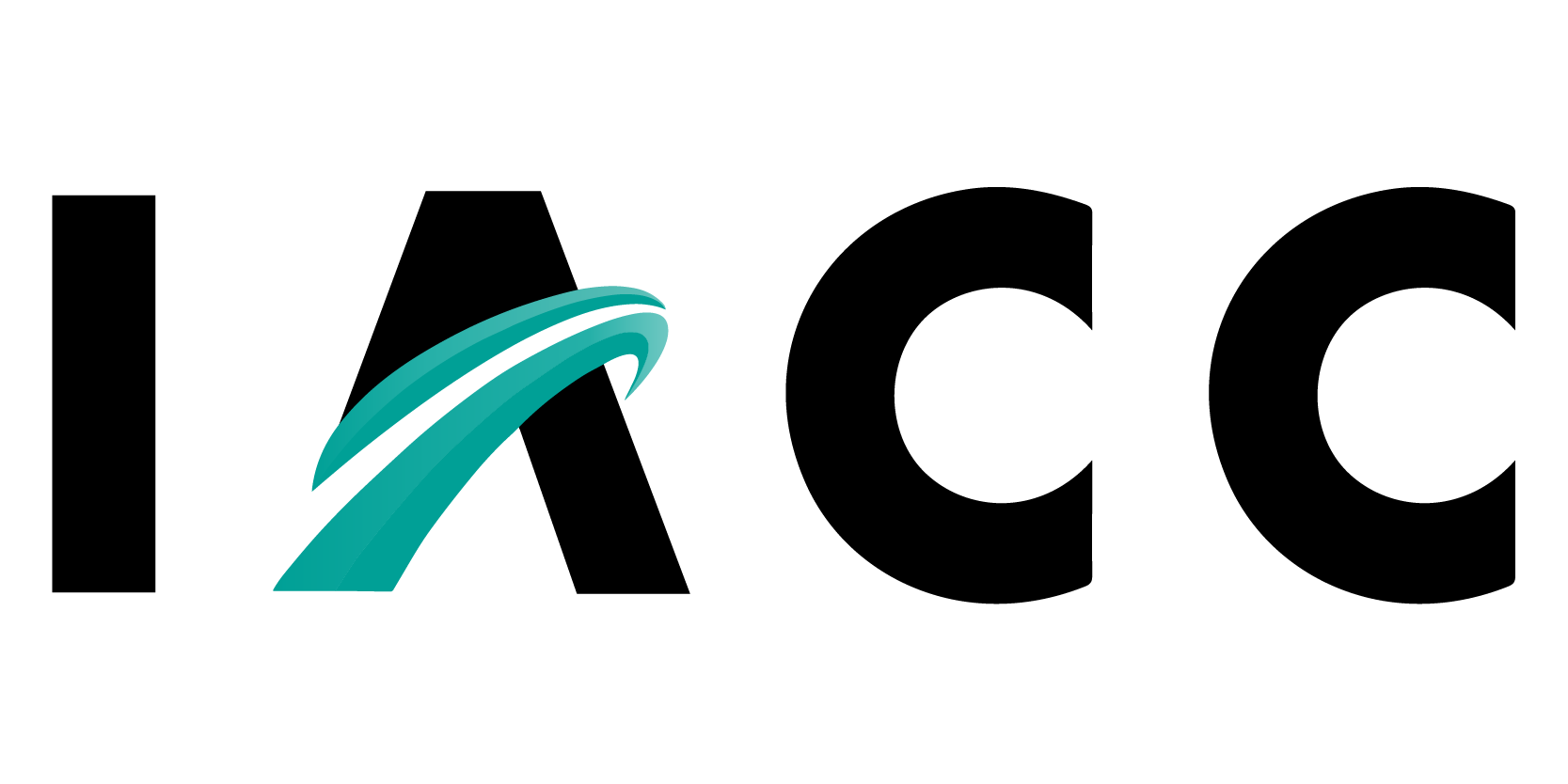What is Executive Coaching (and Do You Need It)?

Working in a leadership position can be a tough job. It’s on you to foster your organizational culture, make high-stakes decisions, and lead your team to success. Leadership is rewarding, but it has its challenges. And it can be helpful to find support to do your job more effectively and ease your stress.
There’s a reason that 1 in 3 CEOs work with an executive coach (including Steve Jobs and former Google CEOs Larry Page and Eric Schmidt). Executive coaches are professionals trained to make you a more effective leader.
In this article, we’ll clarify what exactly executive coaching is so that you can get an idea if it would be a good fit for you.
What is Executive Coaching?
Executive coaching is a field of professional development that helps senior leaders and high-potential employees become more effective at their roles, overcome specific challenges, and achieve personal or organizational goals.
Typically, the executive coaching process takes place in one-on-one meetings between a coach and the leader. It is a collaborative relationship where the coach creates a powerful and intentional conversation to help the leader see their blind spots, improve their communication skills, make better decisions, and level up their emotional intelligence.
After working with an executive coach, coaching clients often adopt an improved mindset, become more self-aware, feel more capable as leaders, and take actionable steps to move their goals forward.
Who is Executive Coaching For?
If you are an organizational leader seeking to improve your performance or overcome a hurdle, you may benefit from an executive coach. More specifically, executive coaches typically work with the following groups:
- C-suite executives. Those at the top face unique challenges that most others can’t understand. A coach can act as a sounding board and provide a hard-to-come-by objective presence.
- Ambitions directors and senior managers. Often, non-executive senior leaders will seek out an executive coach to develop the right skills and strategy to keep their careers moving upward.
- Those transitioning into leadership roles. If you’ve found yourself in a new leadership role—whether a director or an executive—it might feel like you were thrown into the deep end. To increase your chances of swimming (rather than sinking), a coach could be your best bet. Typically this would be a career coach through your first 90 days and then an executive coach (or leadership coach) after that.
- Entrepreneurs and founders. Executive coaches can be vital for entrepreneurs who are trying to overcome the turbulence of getting a company off the ground and scaling it. Coaches can also help co-founders work through disagreements or emotional friction.
- High-potential employees being groomed for future leadership roles. Sometimes, promising employees with a nose for the top might seek out (or be assigned) executive coaching to ensure they keep moving on their upward trajectory.
Does Executive Coaching Work?
Research studies do suggest that the executive coaching process is effective. One study found that executive coaching had a 529% return on investment for the business. In other words, every $1,000 spent on executive coaching tends to bring in a total return of $5,290 back to the company. The return on investment jumps to $7,880 if you count the impacts coaching has on employee retention.
And it makes sense—those at the top of a company have a huge leverage over company profit, so even small changes in their efficiency or decision-making can have a massive impact. As the saying goes, if you turn a ship five degrees, you’ll hardly notice at first. But after sailing for a few hundred miles, you’ll be in a wildly different spot.
Business leaders who received coaching stated that the top benefit was that it made them more productive. Further research suggests that working with an executive coach can lead to a 70% boost in individual performance, a 50% boost in team performance, and a 48% boost in organizational performance.
So executive coaching does work, but why? How can just having a conversation with someone be so impactful? Here are the top reasons that the executive coaching process is so effective:
- Objective feedback. It can be extremely hard for executives to receive unbiased feedback from anyone who works under them. A coach can serve as a confidante, a sounding board, and a sparring partner. They can give honest feedback to help you see your blind spots and better understand your strengths and weaknesses.
- Being held accountable. We can all benefit from someone to hold us accountable. An executive coach can help you clarify how you want to stretch and grow, and then can hold you accountable to your commitments.
- Skill development. A coach can help you home in on the exact skills you want to improve. An executive coach is like a personal trainer for leadership skills; they can help you refine your executive presence, give feedback in a way your direct reports hear, or make strategically sound decisions.
- Processing company dynamics. It’s often lonely on top. A coach can provide a warm ear for you to safely and openly talk through sensitive company issues, interpersonal dynamics, or frustrations you’re feeling about work.
Professional tennis players have professional coaches. So do professional singers. So do professional poker players. And there’s a reason why. If you’re at the top, you need to be at the absolute peak of your game, and to do that often requires professional support and feedback.
What Do Executive Coaches Help Clients With?
Here are a few specific areas that an executive coach might help their coaching clients with.
Achieving (even more) ambitious goals. An executive coach can help you stretch into new levels of professional goals for both your company and your personal development.
Communicating with your team. Communication skills are a huge part of business success. You can only get so far if you have a conflict with your co-founder or if your team doesn’t trust you. Through hands-on practice, an executive coach can help you give feedback, receive feedback, resolve conflict, or motivate underperforming employees.
Improving your leadership skills. Whether it’s acting decisvely, conveying executive presence, motivating others into your vision, or boosting team morale, an executive coach can help you reach your full potential as an inspiring and effective leader.
Holding you accountable to do what you say you’ll do. When people have bosses, they are accountable to those bosses for getting their work done. But if you’re on top, you don’t have that luxury. Fortunately, a coach can help you talk through issues, keep you on track, and hold you to your commitments.
Beating burnout. If you’r ein a leadership position, you might struggle to find the off-switch. An executive coach can help you develop the workhabits so that you excel in your role without working yourself into the ground.
Improving your confidence. Plenty of leaders feel imposter syndrome, no matter how high they’ve climbed. A coach can be a powerful resource to help you overcome self-doubt and embrace your role as a leader.
Making better decisions. Often, the best decisions are found through dialogue, where you talk a decision through with a trusted ally, and they challenge your thinking, iterate on your ideas, and offer opinions you hadn’t considered. If you have big decisions to make, a coach can help you talk through all sides of the issue to help you find your clarity on what you think is best. Coaches can also arm you with decision-making frameworks to make the process easier in the future.
What to Look for in an Executive Coach
If you are considering working with an executive coach, it’s important to pick the right person.
Just like for any relationship, one of the most important factors is chemistry. No matter how qualified the coach is, if you feel stiff, awkward, and reserved around them, the impact you can get from the coaching relationship will be stunted.
Try out a few coaches before committing to one. And notice who you feel at ease around. You want a coach where you feel comfortable opening up. And where your conversations naturally lead you to insights and ah-has. You shouldn’t leave a coaching conversation feeling drained, closed off, or uninspired.
You’ll likely want your coach to feel kind and safe, but you also want them to be able to challenge you and hold you accountable when need be. Not too soft that they let you off the hook, but not so hard that they never seek to understand and empathize.
In general, it’s a good idea to work with a coach who is credentialed from a reputable program. This way, you know they’ve developed all the crucial coaching skills.
It’s also ideal to find an executive coach with their own background in leadership. If a coach has real-world leadership experience and hard-earned business wisdom, they’ll be all the more helpful.
Executive Coaching vs. Career Coaching: Which is Right for You?
Sometimes, professionals think they need one type of coach when they really need another.
An executive coach is likely a good fit if you are already an executive and you want to improve your leadership skillset, productivity, or team dynamics. Or if you’re facing a specific challenge you could use support overcoming.
However, if you want to move into an executive leadership role, or make another type of career shift, then a career coach is probably a better fit.
If you are seeking a career caoch, check out the International Association of Career Coaches to find one. Just fill out a few questions, and we’ll introduce you to a handful of career coaches and you can reach out to the ones who feel like the best fit.
